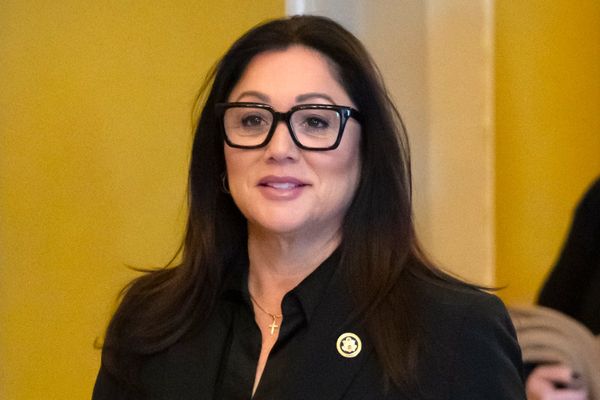
Money and marriage are deeply connected, and when one starts to struggle, the other often follows. Financial stress can strain even strong relationships, turning minor disagreements into full-blown conflicts. If you’re noticing cracks in both your relationship and your bank account, it’s time to pay attention before things spiral out of control. Recognizing the early signs that your marriage and finances are in trouble can help you take action, rebuild stability, and protect both your love and your future security.
1. Frequent Fights About Money
Constant arguments about bills, spending habits, or savings goals are one of the clearest signs that your marriage and finances are heading in the wrong direction. Couples who can’t talk about money calmly often build resentment, leading to emotional distance. These repeated clashes rarely stay just about dollars and cents—they start impacting trust and intimacy. Without healthy communication, financial stress becomes a wedge that pushes partners apart. Learning to have respectful, solution-focused conversations about money is essential to stop this destructive cycle.
2. Hiding Purchases or Secret Accounts
When one partner feels the need to hide spending or maintain secret financial accounts, it’s a red flag for both marriage and finances. This behavior erodes trust and creates bigger problems down the line, especially if hidden debt is involved. Financial infidelity can hurt just as much as romantic betrayal, leaving lasting scars on a relationship. Couples who struggle with openness around money often end up with mismatched priorities and mounting tensions. Full transparency about income, expenses, and accounts is key to preventing this from destroying your future together.
3. Living Beyond Your Means
If you’re constantly overspending, relying on credit cards, or dipping into savings just to stay afloat, your marriage and finances are both under strain. Financial instability creates ongoing stress that seeps into every part of a relationship, fueling anxiety and frustration. Couples who can’t agree on a realistic budget often end up blaming each other for their situation. Over time, this blame damages teamwork and makes solving the problem even harder. Taking control of spending and aligning on lifestyle choices is critical for long-term stability.
4. Avoiding Conversations About Money Altogether
Silence can be just as harmful as constant fighting when it comes to marriage and finances. Avoiding discussions about debt, bills, or future planning often means problems are quietly growing worse. This lack of communication builds emotional distance and prevents couples from working as a team. Without regular check-ins, financial issues can snowball into crises that feel impossible to recover from. Open, honest conversations are the foundation of both a healthy relationship and financial security.
5. Disagreements About Financial Priorities
One partner wants to save for retirement while the other spends freely on vacations or luxury items—sound familiar? When goals don’t align, marriage and finances both suffer. These mismatched priorities lead to frustration, resentment, and difficulty planning for the future. Couples who fail to create shared financial goals often end up working against each other instead of together. Agreeing on priorities and creating a joint plan ensures money supports the relationship instead of tearing it apart.
6. Mounting Debt Without a Plan to Pay It Off
Carrying high levels of debt is stressful enough, but having no clear strategy to tackle it puts enormous strain on marriage and finances. The constant pressure of overdue bills or maxed-out credit cards creates anxiety and arguments. Couples may start blaming each other for the situation, damaging trust and teamwork. Without a plan, debt becomes a looming problem that feels impossible to escape. Tackling it together with clear steps can ease stress and strengthen your bond.
7. Losing Trust Over Financial Decisions
Trust is the cornerstone of both strong marriages and sound financial partnerships. When one partner repeatedly makes poor money decisions, like risky investments or unnecessary purchases, the other can feel betrayed. Over time, this lack of confidence erodes emotional intimacy and cooperation. A relationship can’t thrive if you’re worried about how the other person handles shared resources. Rebuilding trust takes accountability, communication, and a commitment to shared financial goals.
Rebuilding Stability in Love and Money
It’s possible to save your marriage and finances before they collapse completely, but it takes honesty, teamwork, and a willingness to change. Identifying the warning signs early allows you to address problems while they’re still manageable. Seeking financial counseling or couples therapy can provide tools to repair both money habits and relationship struggles. Working together to set clear goals and boundaries can restore trust and stability. With the right approach, you can rebuild both your relationship and your finances for a stronger future.
Have you noticed any of these warning signs in your own marriage and finances? What steps have helped you regain balance? Share your thoughts in the comments below!
Read More:
Why Are More Couples Using Prenups… After Getting Married
Are These 8 Money-Saving Tricks Actually Keeping You Broke?
The post 7 Signs Your Marriage and Finances Are Quickly Failing appeared first on The Free Financial Advisor.







